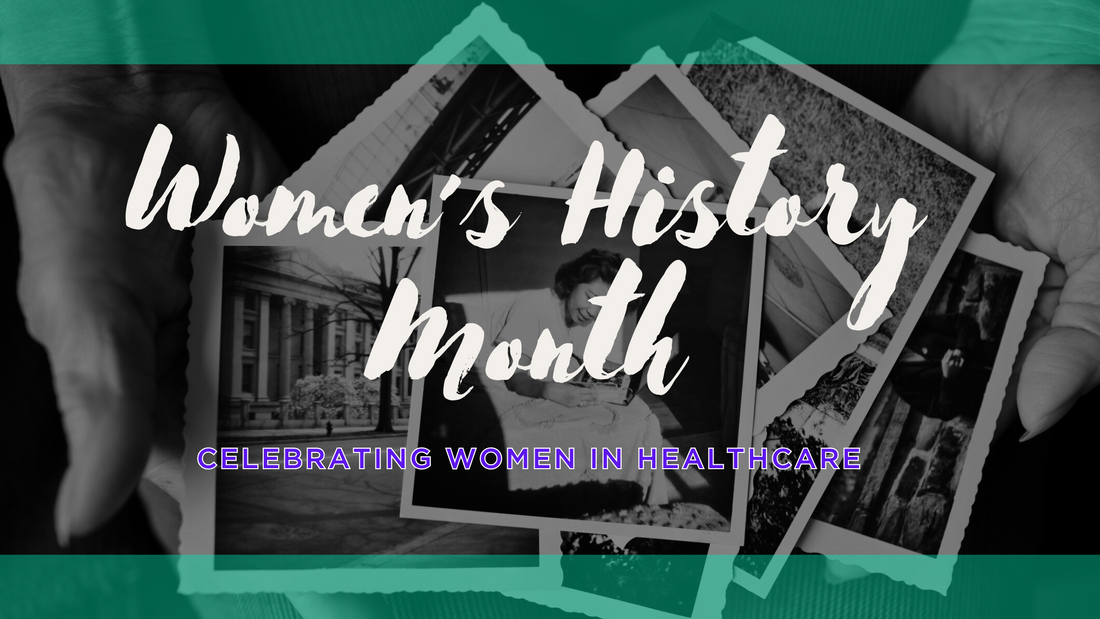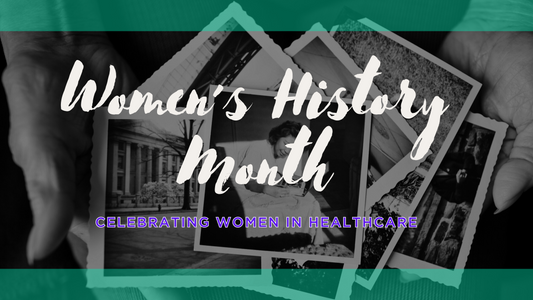- At the start of the Civil War, Dr. Mary Walker volunteered for the Union Army but was denied due to her gender. She was offered the role of nurse, but she declined. Later, while serving as an unpaid surgeon at a temporary hospital in Washington, DC, she was officially hired by the army as the first female surgeon. In 1864, Dr. Walker was captured by Confederate troops while helping a Confederate doctor perform an amputation. Dr. Walker is the only woman to have ever been awarded the Medal of Honor, as she was honored for her efforts to treat the wounded in battle across enemy lines.
- Once known for its high mortality rate, scarlet fever was the cause of massive outbreaks throughout the US. For decades, the only treatment plan was to quarantine so others would have less chance to catch it. During the 1940s, Mattiedna Johnson was a lab tech working with molds when she discovered a strain of mold that could cure scarlet fever. She was sadly not credited for her work but her efforts resulted in countless lives saved.
- Jane Cooke Wright was the first oncologist to demonstrate how the use of methotrexate, a chemotherapy drug, was effective in the treatment of breast cancer. Until that time, it was thought of as an experimental treatment. Even today, methotrexate is one of the main chemotherapy drugs used to treat many types of cancer.
- In the 1980s, Flossie Wong-Staal was the leader of the team of scientists who mapped the HIV genome, a critical step in understanding how HIV causes AIDS. As the first scientist to clone the HIV virus and genetically map it, her research allowed for the future development of treatments for the disease.
- In 1951, doctors removed cells from a cancerous tumor found in a young woman named Henrietta Lacks. Sent to a lab for biopsy, those cells were found to have a remarkable property – they could be endlessly reproduced without dying. Known as the HeLa cell line, still today these cells have been used in a variety of scientific breakthroughs including the development of the polio vaccine, AIDS research, and even the COVID-19 vaccines. Neither Henrietta Lacks nor her family consented to have her cells harvested nor were they compensated for the use of her genetic material which allowed for profitable scientific advancements. It wasn’t until 2023 that a settlement was reached between the Lacks family and a science & technology company who, using the HeLa cell line, developed products it later sold for a profit.
- Elisabeth Kubler-Ross first wrote about the 5 stages of grief and was a pioneer in research on death and dying.
- Audrey Evans is a co-founder of the Ronald McDonald house, which provides free housing to families of critically ill children receiving treatment.
- Gerty Theresa Cori was the first American woman to win a Nobel Prize in science for her discovery of how glycogen is broken down in muscles.
This month we honor these women, and countless others, who positively impacted and continue to bring meaningful change to the management of health as we know it.





